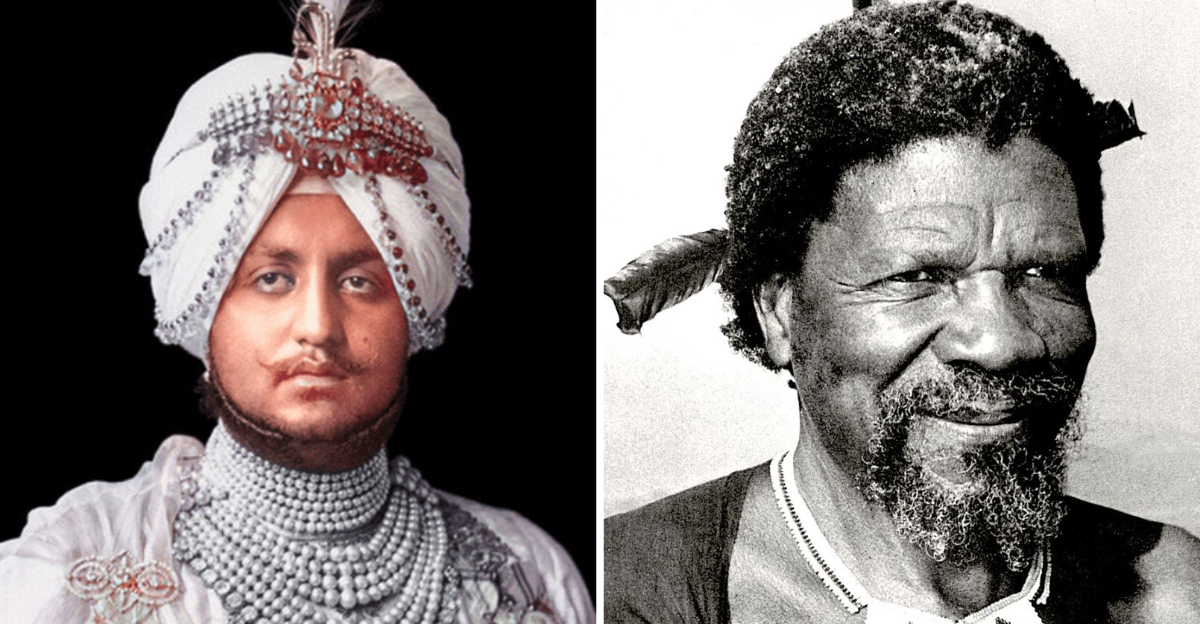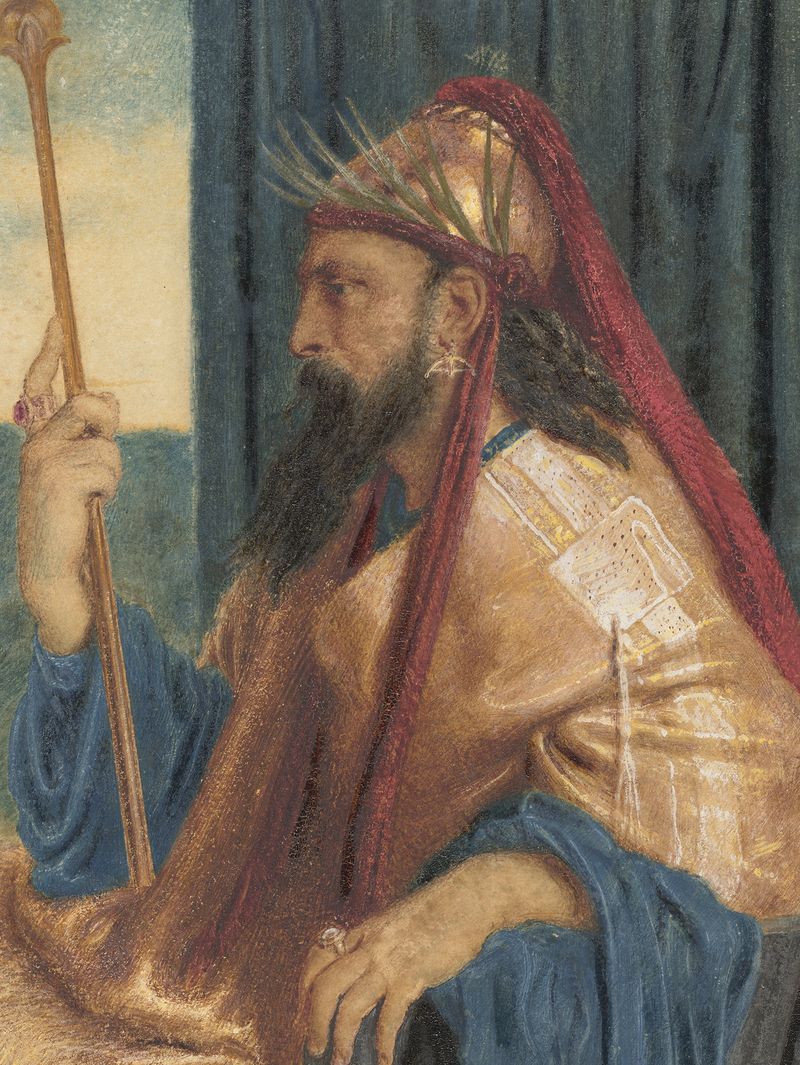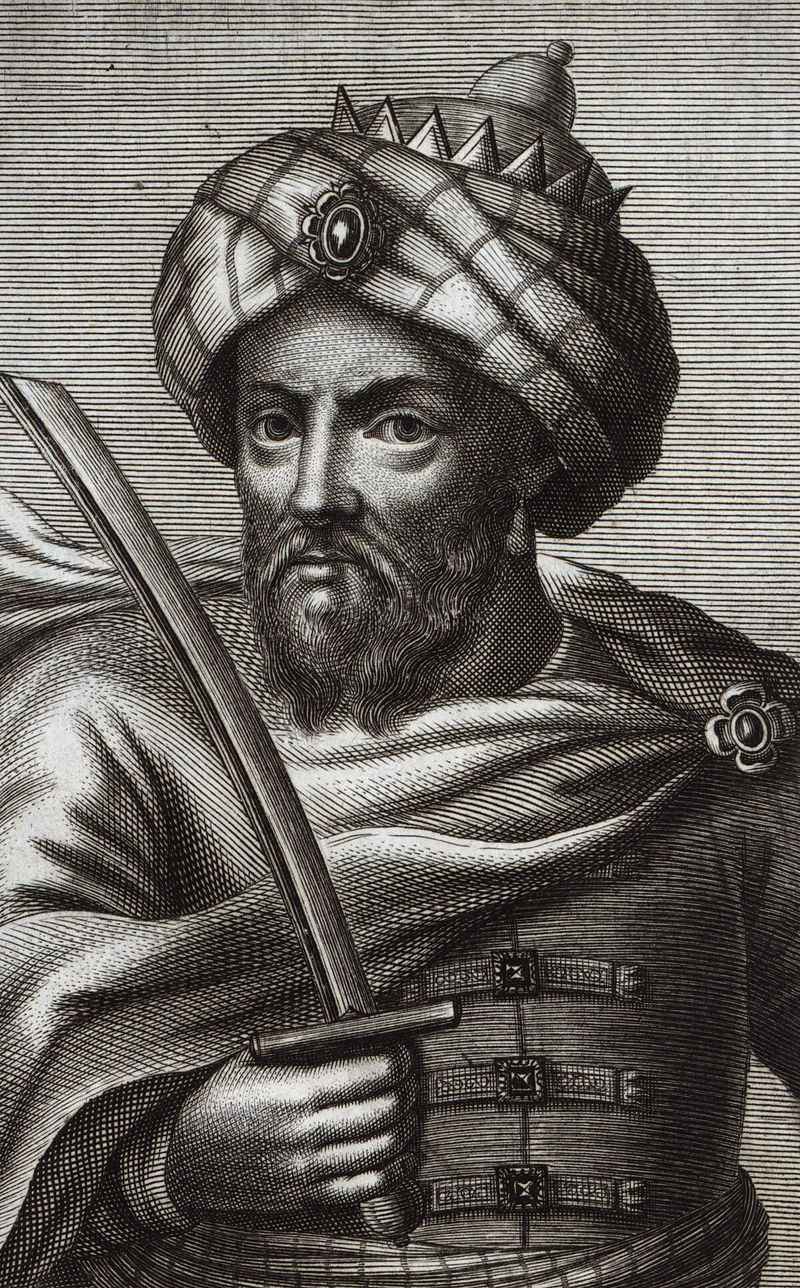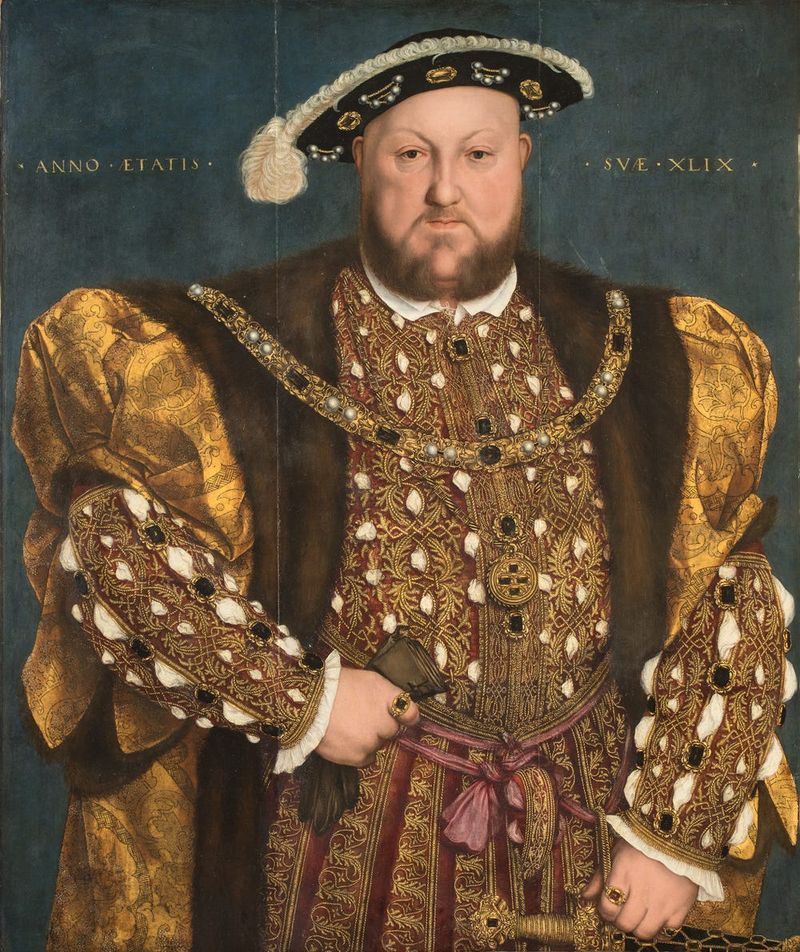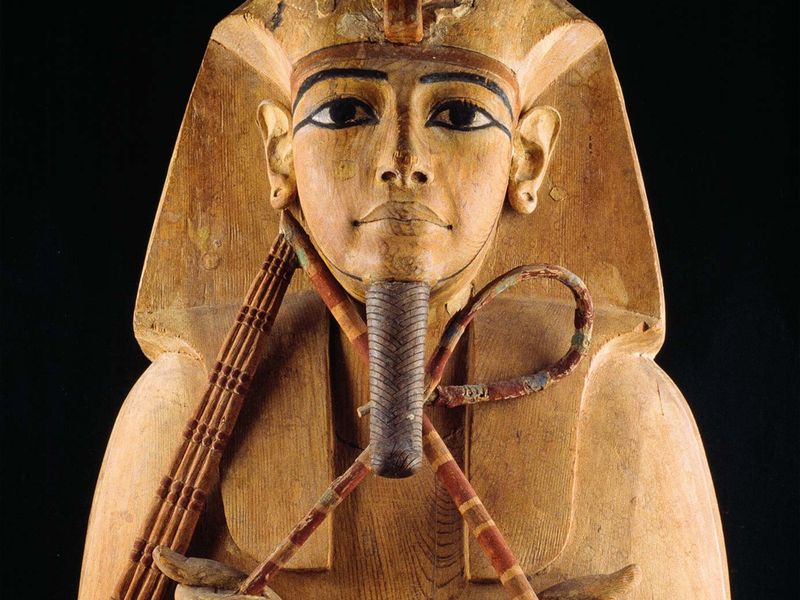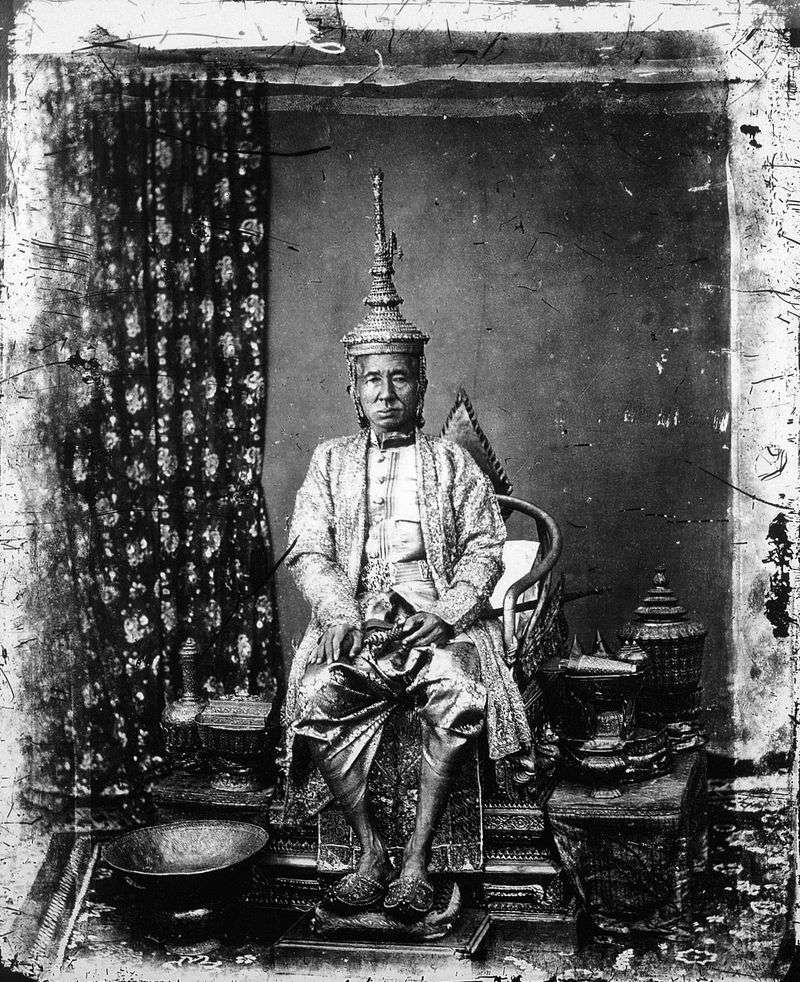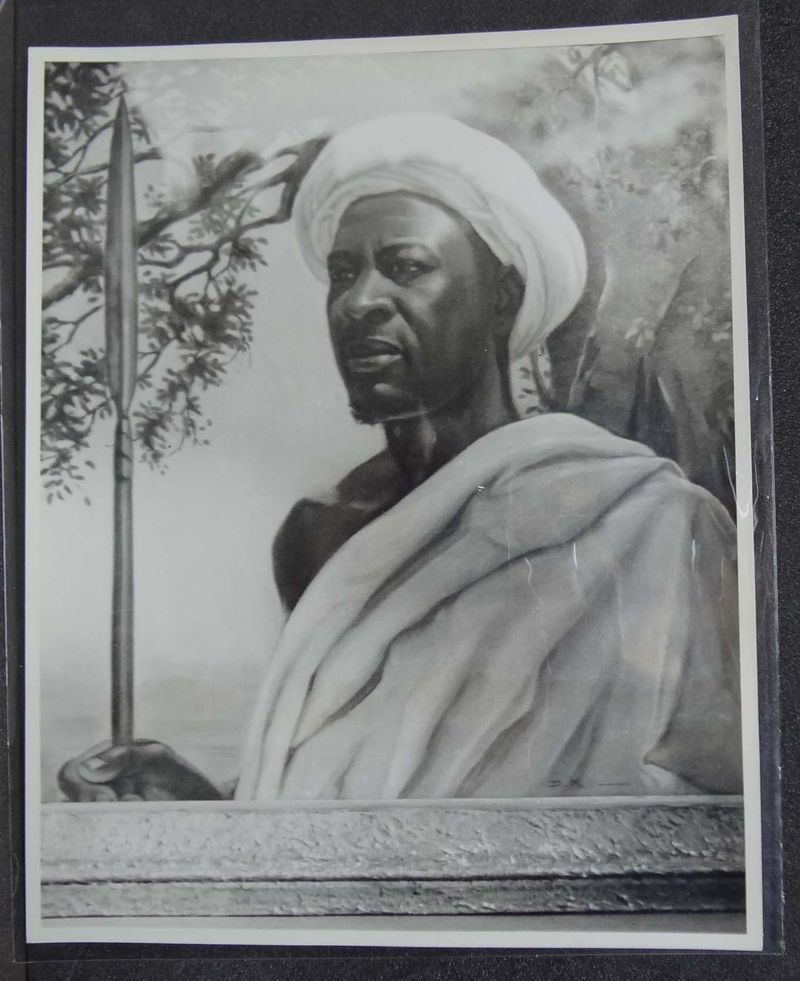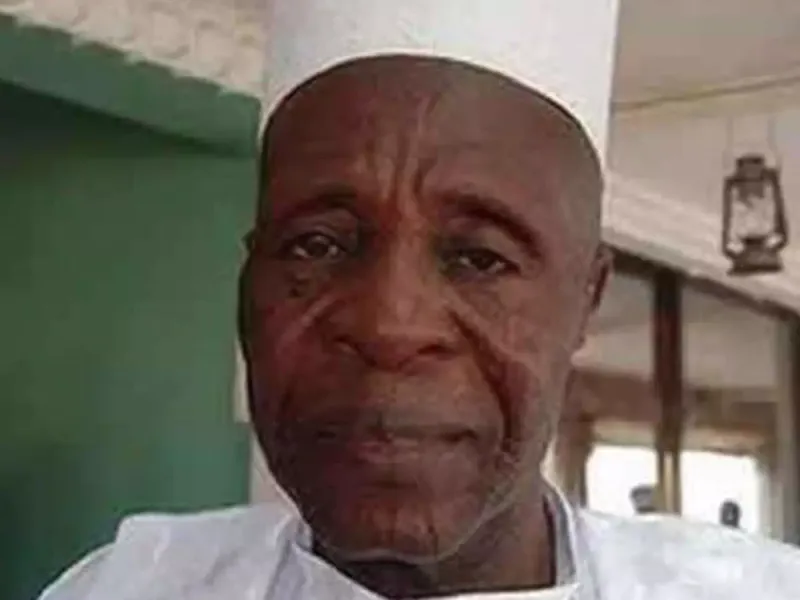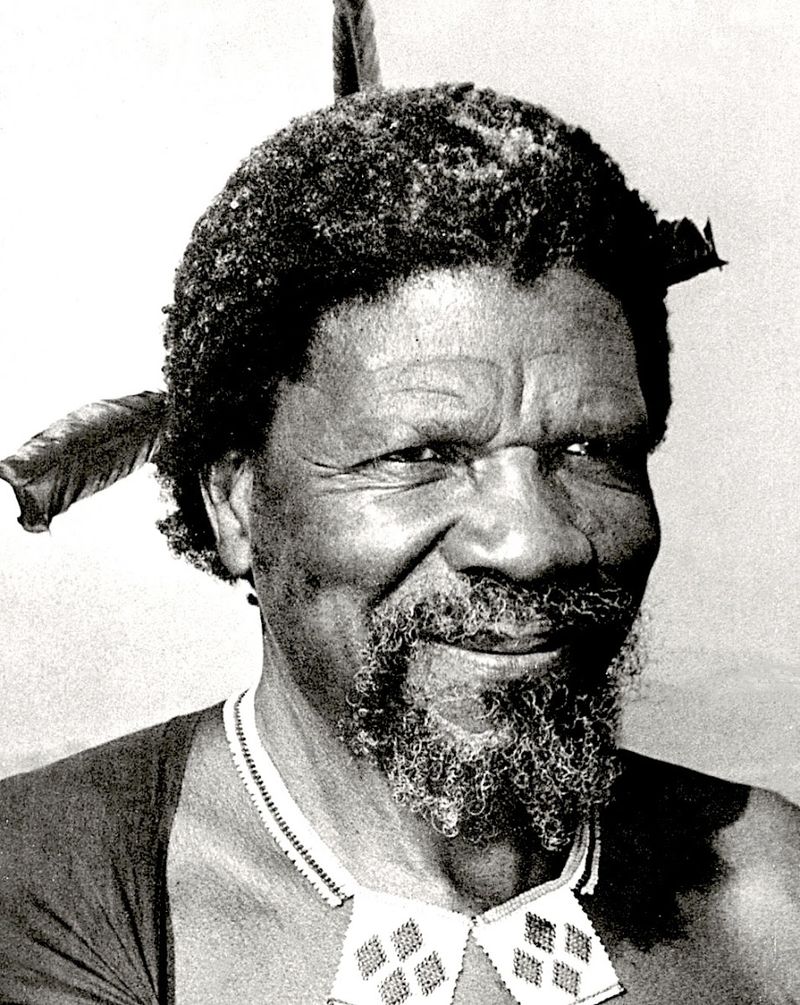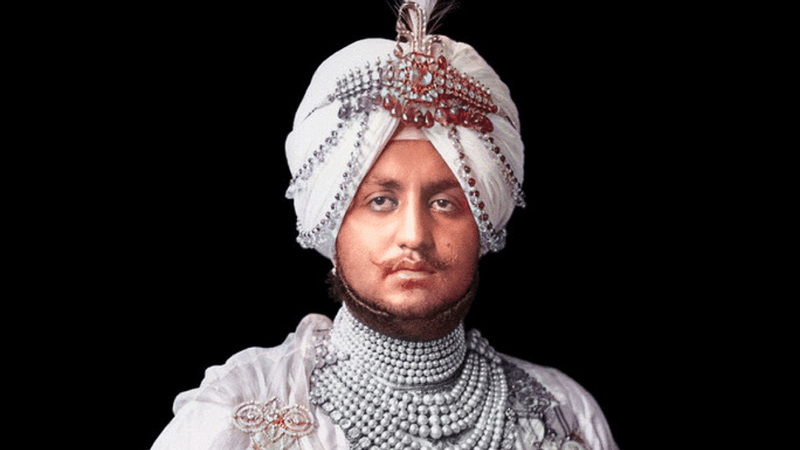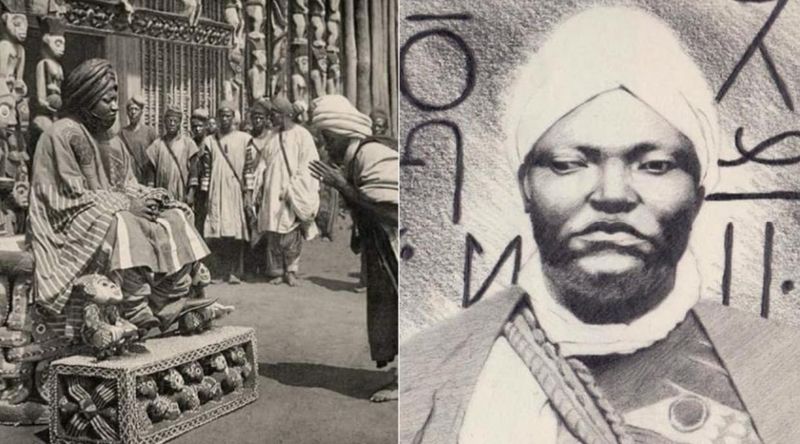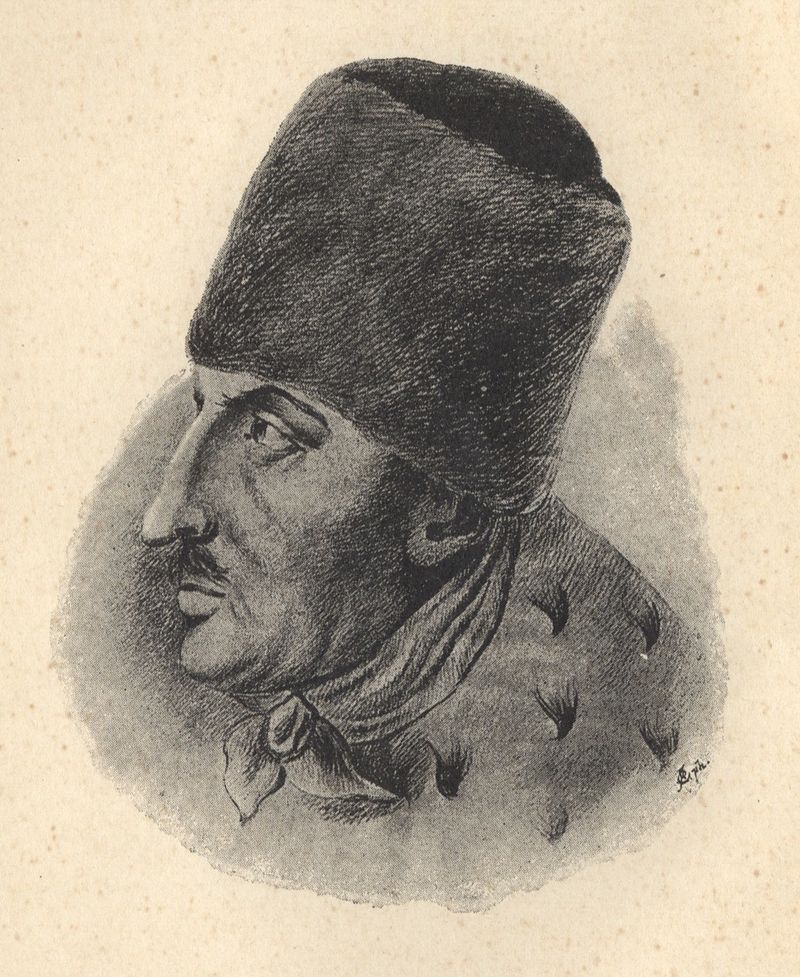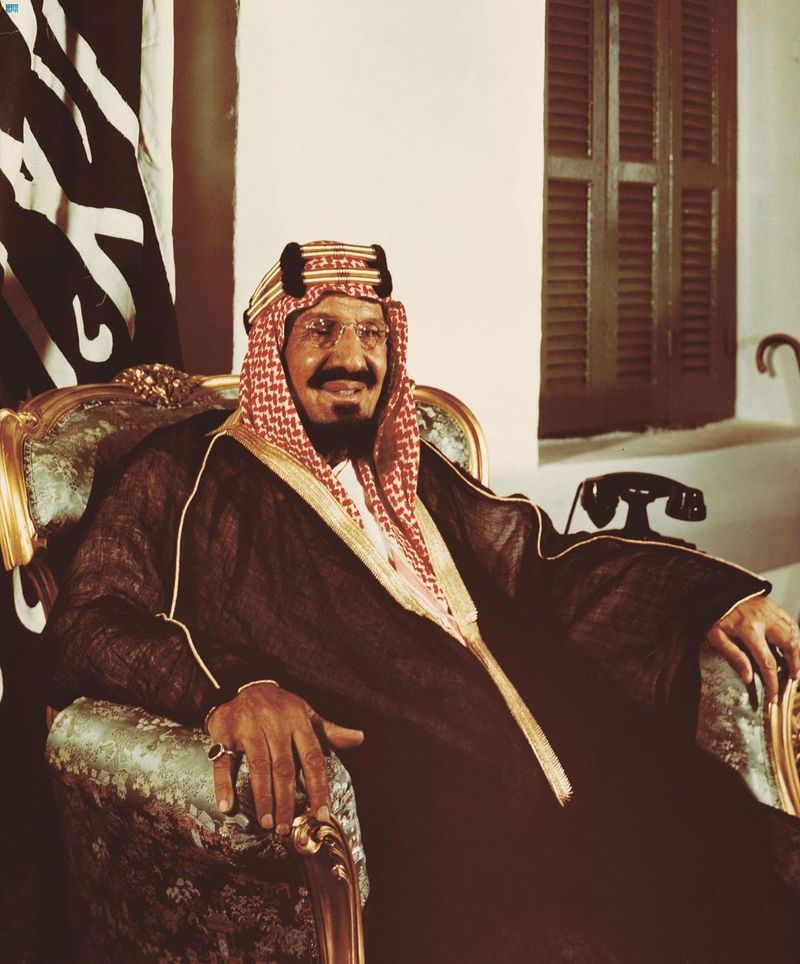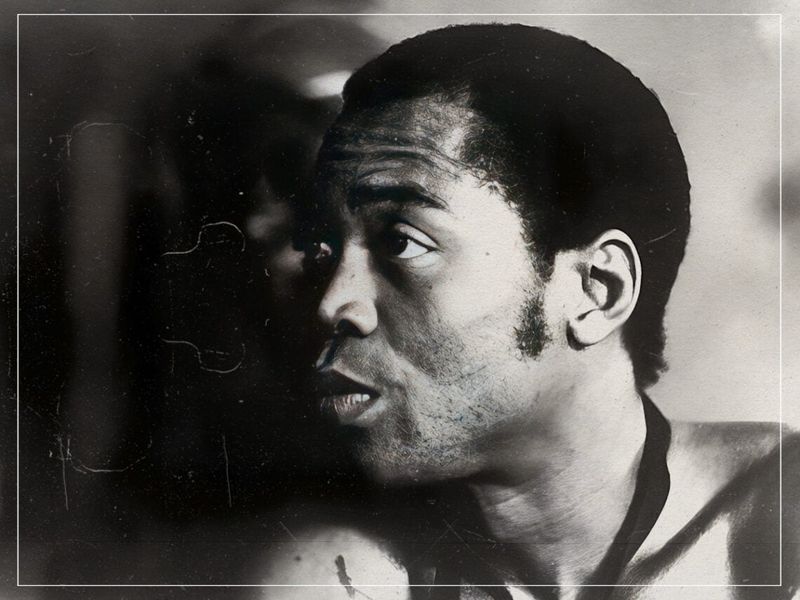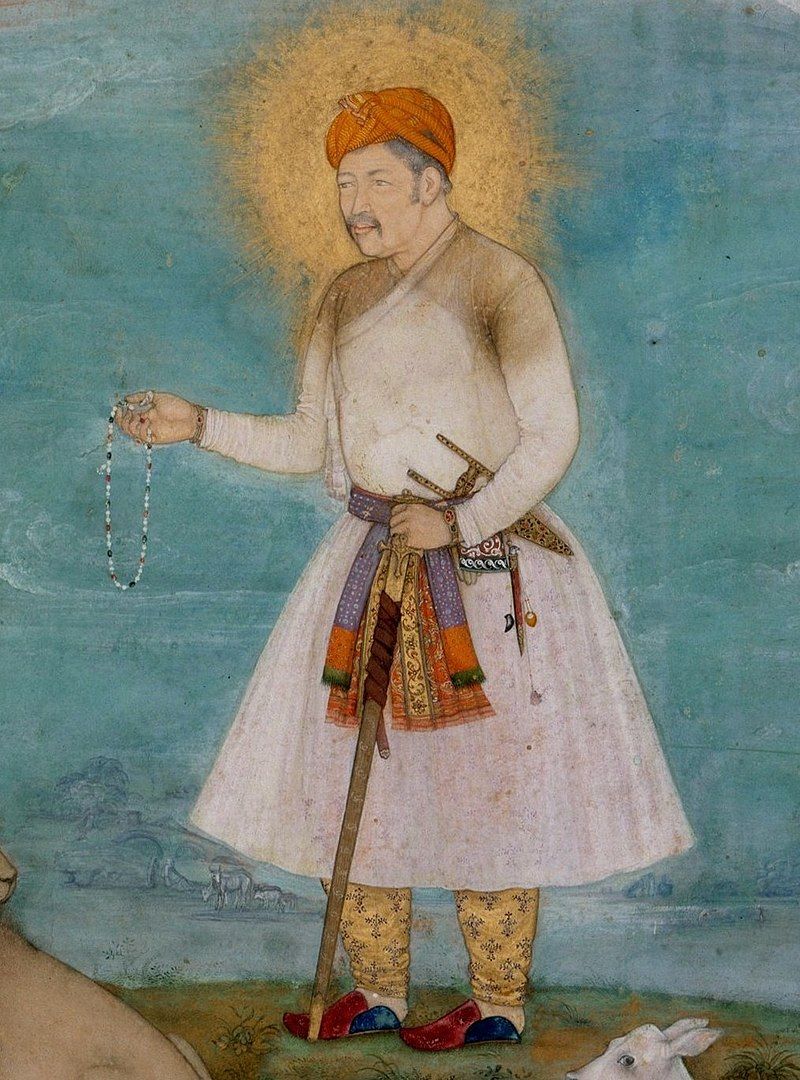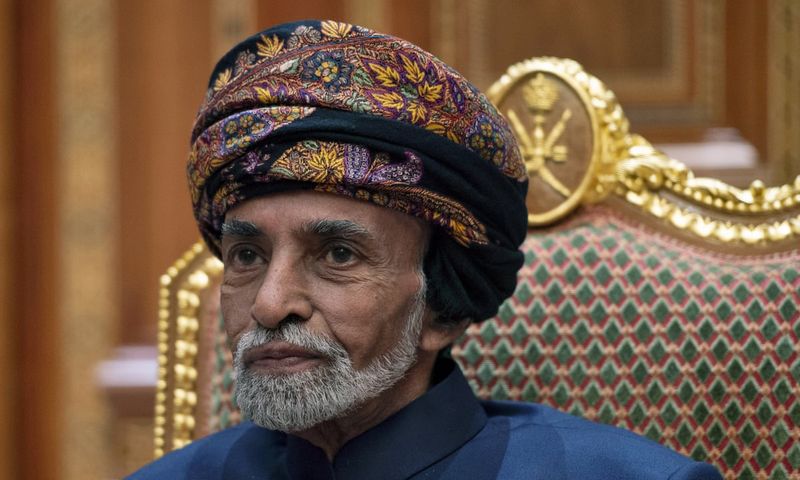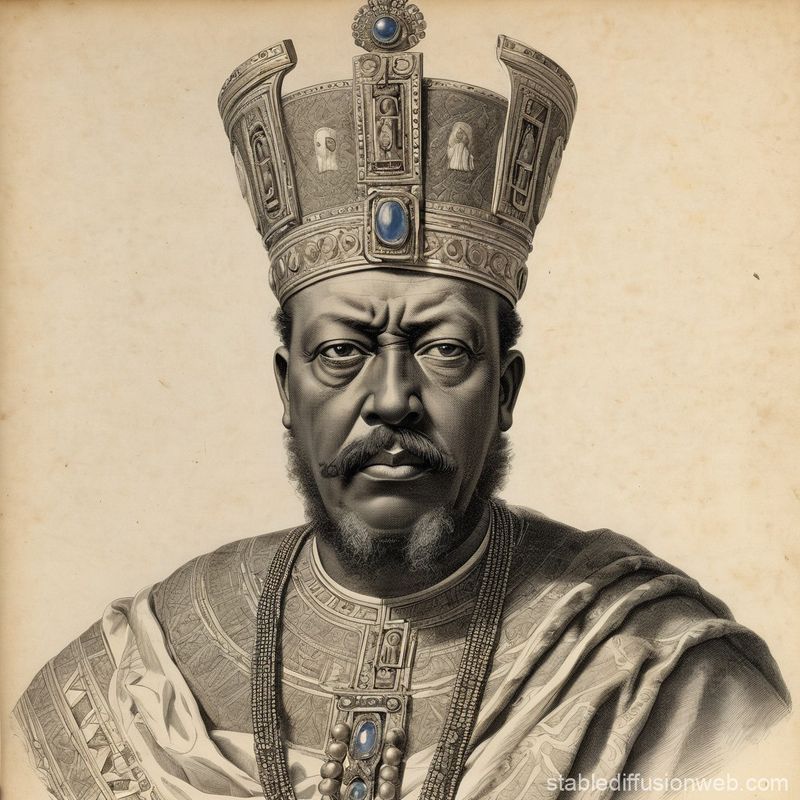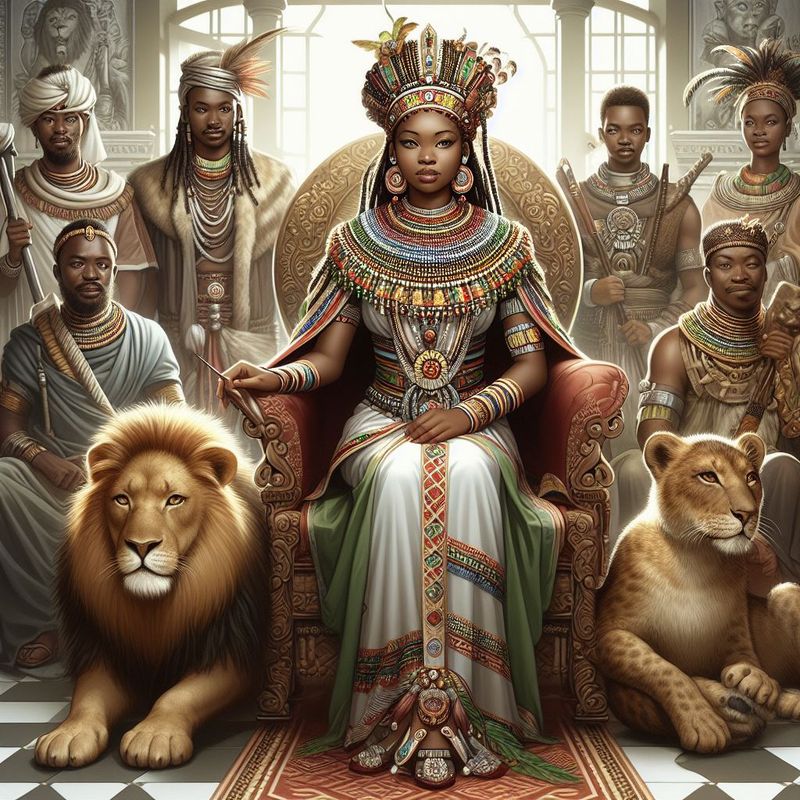Throughout history, various individuals have been noted for having an exceptionally high number of wives. The reasons behind these numerous marriages range from cultural practices, political alliances, to personal preferences. This post explores 17 such figures who had the highest number of spouses, providing insight into their lives and the historical contexts that surrounded their choices.
King Solomon
King Solomon, famed for his wisdom, ruled ancient Israel with an impressive harem. He reportedly had 700 wives and 300 concubines, a testament to his powerful status. These marriages often served diplomatic purposes, securing alliances with neighboring nations. Solomon’s reign was marked by prosperity, partly due to these alliances. However, the biblical narrative criticizes his heart turning away from his faith due to these influences. Such stories enrich the understanding of his complex character. Despite the criticisms, Solomon’s era is remembered for grand architecture and wisdom literature. The sheer number of wives remains a point of fascination and intrigue.
Emperor Moulay Ismail of Morocco
Moulay Ismail, the Moroccan Sultan, is known for his vast harem, reportedly having over 500 wives. His reign, beginning in 1672, was characterized by military strength and impressive architectural achievements. The Sultan utilized these marriages to solidify his rule and create political alliances. His complex legacy includes both his ruthless governance and his contribution to Moroccan culture. Legend suggests he fathered hundreds of children, underscoring his prolific nature. His life exemplifies absolute power and polygamy in 17th-century Morocco, painting a vivid picture of the era’s societal norms and royal ambitions.
King Henry VIII
King Henry VIII of England, although not having the highest number of wives, is famously known for his six marriages. His matrimonial history played a pivotal role in England’s religious transformation, leading to the establishment of the Church of England. Each marriage held political and personal significance, reflecting Henry’s quest for a male heir. His relationships were marked by drama, including annulments and executions, highlighting the turbulent nature of his reign. Henry’s marital endeavors illustrate the intertwining of personal desire and political necessity, leaving an indelible mark on English history and its religious landscape.
Pharaoh Ramses II
Ramses II, one of Egypt’s most powerful pharaohs, had a legendary number of wives, believed to be over 200. His reign saw monumental architectural projects, reflecting his ambition and divine status. These marriages often had political motives, strengthening ties with other dynasties. Ramses’s legacy includes not only his military achievements but also his large family, which played a role in his administration. The pharaoh’s numerous wives exemplify Egypt’s royal traditions, where marriage was a tool for consolidation of power and influence. His life offers a glimpse into the intricate dynamics of ancient Egyptian royalty.
King Mongkut of Siam
King Mongkut, known from “The King and I,” ruled Siam with a progressive outlook and a sizable harem. He reportedly had 82 wives and concubines, reflecting the polygamous norms of the time. Mongkut’s reign, from 1851 to 1868, was marked by significant reforms and modernization, balancing tradition with change. His numerous marriages were part of cultural practices, providing insights into Siamese society and royal customs. This era witnessed Siam’s opening to Western influences, and Mongkut’s diplomatic strategies often involved his family ties. His life story offers a fascinating intersection of tradition, power, and innovation.
Chief Mkwawa of the Hehe
Chief Mkwawa, a significant figure in 19th-century Africa, led the Hehe people with strength and resilience. Known for his resistance against German colonial forces, he reportedly had over 100 wives. These marriages were integral to his leadership, consolidating alliances within his community. Mkwawa’s legacy is marked by his military prowess and the unity he fostered among his people. His life illustrates the social structures of African tribes, where polygamy played a crucial role in society. Mkwawa remains a symbol of resistance and cultural pride, embodying the spirit of independence and leadership.
Baba Masaba
Baba Masaba, a Nigerian Islamic cleric, became famous in the 21st century for having 86 wives. His polygamous lifestyle drew global attention, sparking debates on religious and cultural practices. Masaba’s community viewed him as a spiritual leader, and his marriages were deeply rooted in his faith. He believed in his divine calling to marry numerous women, creating a massive family. His life illustrates the intersection of personal belief and cultural norms, contributing to discussions on polygamy’s place in modern society. Baba Masaba’s story highlights diverse perspectives on marriage and religious devotion.
King Sobhuza II of Swaziland
King Sobhuza II of Swaziland, reigning for over 82 years, is known for his many marriages, with reports of over 70 wives. His rule saw Swaziland transitioning from colonial rule to independence. Sobhuza’s marriages were strategic, strengthening political alliances and cultural unity. He believed in polygamy as a way to maintain social harmony and continuity. His long reign is marked by stability and the preservation of Swazi traditions. Sobhuza’s life exemplifies leadership rooted in cultural identity, showcasing the importance of family ties in governance. His legacy continues to influence Swazi society today.
Indian Maharaja Bhupinder Singh
Maharaja Bhupinder Singh of Patiala, an Indian ruler, is remembered for his extravagant lifestyle and numerous marriages, reportedly having 365 wives. His reign, from 1900 to 1938, was marked by luxury and modernization. The Maharaja’s marriages often had diplomatic purposes, strengthening ties with various regions. Bhupinder Singh was known for his contributions to sports and infrastructure, reflecting his progressive outlook. His life exemplifies the opulence and complexities of Indian royalty, where marriage was both a personal and political affair. The Maharaja’s legacy remains a part of India’s rich historical tapestry.
Sultan Ibrahim Njoya
Sultan Ibrahim Njoya of Cameroon, a visionary leader, had over 600 wives during his reign. His leadership was marked by innovation and cultural richness, including the development of a unique writing system. Njoya’s marriages were a reflection of his status and consolidation of power, fostering alliances within the region. His reign saw significant cultural and political advancements, leaving a lasting legacy in Cameroonian history. Njoya’s story illustrates the blend of tradition and progress, with his numerous wives symbolizing unity and cultural diversity. His life continues to inspire and influence Cameroon’s cultural heritage.
Zionist Leader Jacob Frank
Jacob Frank, an 18th-century Jewish religious leader, known for his controversial beliefs, reportedly had over 30 wives. His teachings led to the Frankist movement, challenging traditional Jewish norms. Frank’s numerous marriages were part of his spiritual doctrine, proclaiming a new path to enlightenment. His life was marked by upheaval and clashes with religious authorities, leaving a polarizing legacy. Frank’s story reflects the complexities of religious reform and the role of marriage in spiritual beliefs. Despite the controversies, his influence persists in discussions on religious history and the dynamics of charismatic leadership.
King Abdulaziz Al Saud
King Abdulaziz Al Saud, the founder of modern Saudi Arabia, had numerous wives, reportedly over 30. His marriages were strategic, securing alliances and consolidating power. Abdulaziz’s leadership transformed Saudi Arabia, uniting disparate regions into one nation. His personal life, marked by polygamy, reflects the cultural norms of the time. Abdulaziz’s legacy includes not only his political achievements but also his large family, which continues to influence Saudi leadership. His life exemplifies the intertwining of personal relationships and political strategy, offering insights into the formation of a modern state.
Fela Kuti
Fela Kuti, the Nigerian musician and activist, was as famous for his polygamous lifestyle as his innovative music. He married 27 women in a single ceremony in 1978, challenging societal norms. Kuti’s marriages were part of his broader critique of conventional structures, reflecting his rebellious spirit. His life was marked by political activism and artistic genius, using his music to address social issues. Fela’s story highlights the intersection of personal freedom and cultural expression, making him a symbol of resistance. His legacy lives on through his music and the ongoing influence on African culture.
Emperor Akbar the Great
Akbar the Great, one of India’s most esteemed Mughal emperors, had a vast harem, reportedly over 300 wives. His reign was marked by cultural integration and religious tolerance, fostering a united empire. Akbar’s marriages often served political purposes, strengthening alliances across diverse regions. His legacy includes significant contributions to art, architecture, and governance, shaping India’s historical landscape. Akbar’s personal life, with numerous wives, reflects the customs of the Mughal court, where marriage was a tool for diplomacy. His story is a testament to visionary leadership and cultural synthesis in Indian history.
Sultan Qaboos bin Said
Sultan Qaboos bin Said of Oman, though not having an extremely high number of wives, is notable for his impactful reign. He worked to modernize Oman while preserving its cultural heritage. His marriages were part of traditional practices, reflecting Oman’s societal norms. Qaboos’s leadership was marked by diplomatic finesse and economic development, transforming Oman into a stable nation. His legacy includes significant reforms in education and infrastructure, showcasing his visionary governance. The Sultan’s life illustrates the balance between tradition and progress, with his personal relationships playing a role in his leadership journey.
Emperor Menelik II
Emperor Menelik II of Ethiopia, famed for his leadership, reportedly had several wives, strengthening alliances. His reign, marked by modernization and military success, was pivotal in Ethiopia’s resistance against colonial forces. Menelik’s marriages were integral to his strategy, uniting various ethnic groups. His legacy includes the Battle of Adwa and the preservation of Ethiopian sovereignty. Menelik’s life exemplifies the role of marriage in African leadership, where personal relationships supported political ambitions. His story is a testament to resilience and visionary leadership, leaving a lasting impact on Ethiopia’s national identity and history.
Ngola Nzinga Mbande
Ngola Nzinga Mbande, a formidable 17th-century leader, reportedly had many husbands rather than wives, but is notable in the context of powerful marital alliances. Her leadership was marked by fierce resistance against Portuguese colonization in Angola. Nzinga’s relationships were strategic, ensuring political strength and unity. Her reign is celebrated for her diplomatic acumen and military prowess, becoming a symbol of resistance and empowerment. Nzinga’s life challenges traditional gender roles, highlighting the role of marriage in leadership strategies. Her legacy continues to inspire, reflecting the complexities of power and gender dynamics in history.
